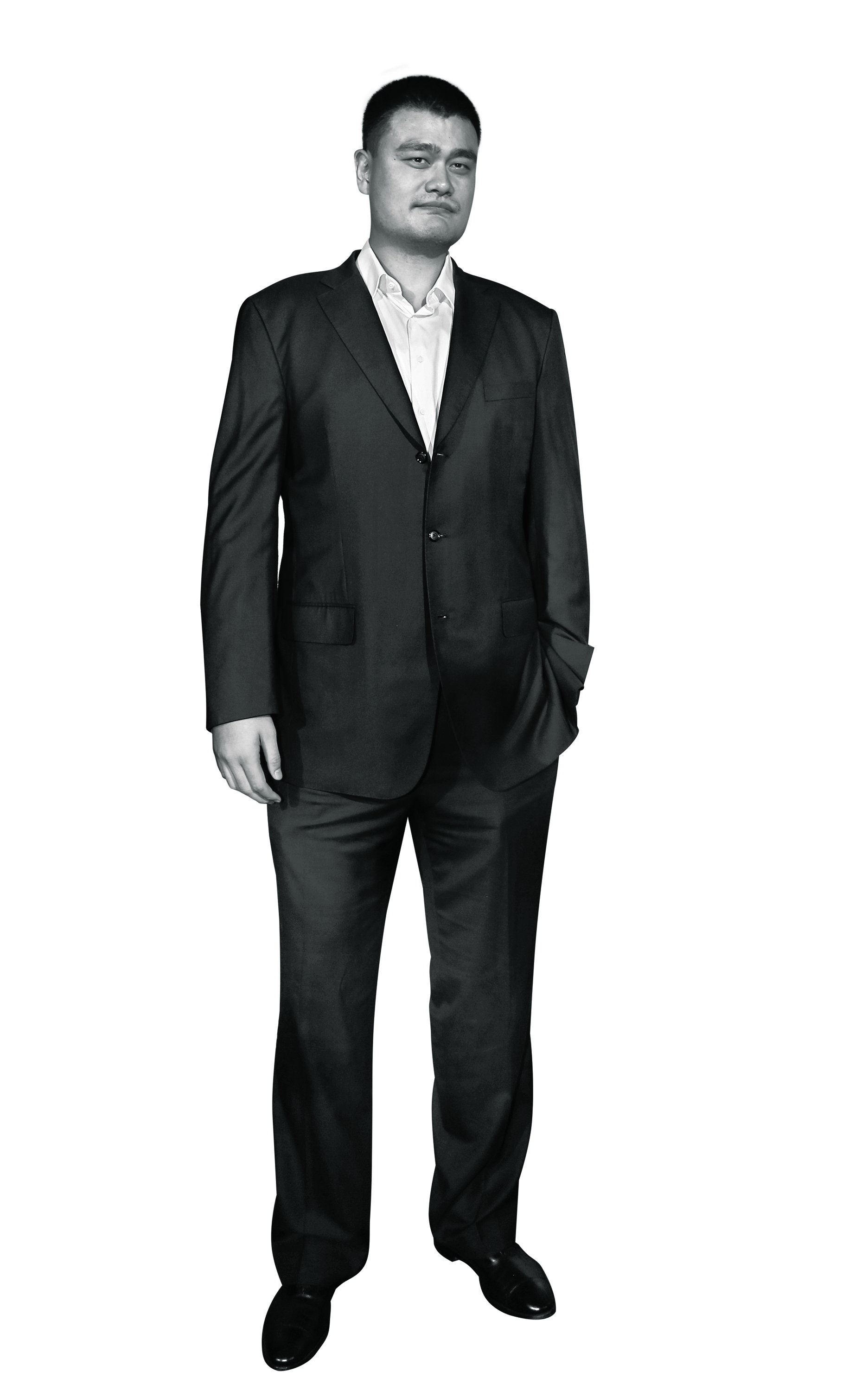
In the new Animal Planet documentary Saving Africa’s Giants, you travel to Africa to witness efforts to save elephants. Do people in China know that poaching and slaughter is often part of the ivory trade?
Yes, of course we know. [Ivory] is almost like a luxury bag or some fancy car stuff today. Except it’s not something manufactured. People choose to forget. That’s why we’re doing this film, so people can take a look at it.
What was that trip like, to see these animals under threat?
The first couple days, there’s the beauty of Africa–living things, the fields, the mountains, the water. Then we walk into some sad area where there are animals that have been killed. And you see vultures flying around, trying to eat their remains. The Kenya Wildlife Service let us into a small room, full of ivory tusks and other animal products. It doesn’t feel full of a product. It feels full of ghosts.
Apart from watching the film, what do you want people to do?
Spread the message to their friends, to colleagues–any people they know. Get more people to know why we need to [stop buying ivory]. And simply just start digging in your pocket for it.
Is the hope that people will see ivory products and make that connection to elephants?
Yes, connect animal products to the entire animal life. So when you see an ivory product, you know it’s not just a piece of a product you buy. You buy a life.
As China gets richer, what Chinese people choose to do or buy has a big impact on the world. Do average Chinese people know that, for the environment especially, what they do is incredibly important to the future?
I believe that everything is changing. People want to achieve something good for the society, instead of just a personal joy. All I want to do is show a message, and hopefully they can join us. I think they understand. It is not that hard to persuade them. I just need to tell the message.
Apart from trying to prevent poaching, what else are you doing with your life?
I have my own foundation, and I’m doing some work on building education, mostly in the sports area. I really believe that sports can change people’s attitudes and help them face challenges and frustration. Teamwork, chemistry and leadership are not things we can learn from paperwork. If you read a paper on leadership 100 times, you still don’t get it. You have to experience it. I think that really helps the kids.
Do you miss basketball, now that you’re in a new chapter of your life?
I miss basketball. But I’m in a different area. I manage a team now in Shanghai. But they don’t do so well! I’m new at this. I’ll always miss this game. It was fun. It’s not only the game I’m missing, but also the friends I made. You know, Steve Francis, Tracy McGrady, Chuck Hayes.
Are there any players you would have liked to have played with?
I don’t know. I like Stephen Curry. Small, you know, quick, shoots the ball very well. Looks not very strong, but has a strong heart.
He’s very different from the kind of player you were, being a guard and small.
Really, it’s because he is totally opposite to me that I’d like to see if I can play this way.
Is it that you would have liked to shoot 3-pointers?
Yeah, I guess so.
More Must-Reads from TIME
- Donald Trump Is TIME's 2024 Person of the Year
- Why We Chose Trump as Person of the Year
- Is Intermittent Fasting Good or Bad for You?
- The 100 Must-Read Books of 2024
- The 20 Best Christmas TV Episodes
- Column: If Optimism Feels Ridiculous Now, Try Hope
- The Future of Climate Action Is Trade Policy
- Merle Bombardieri Is Helping People Make the Baby Decision
Contact us at letters@time.com